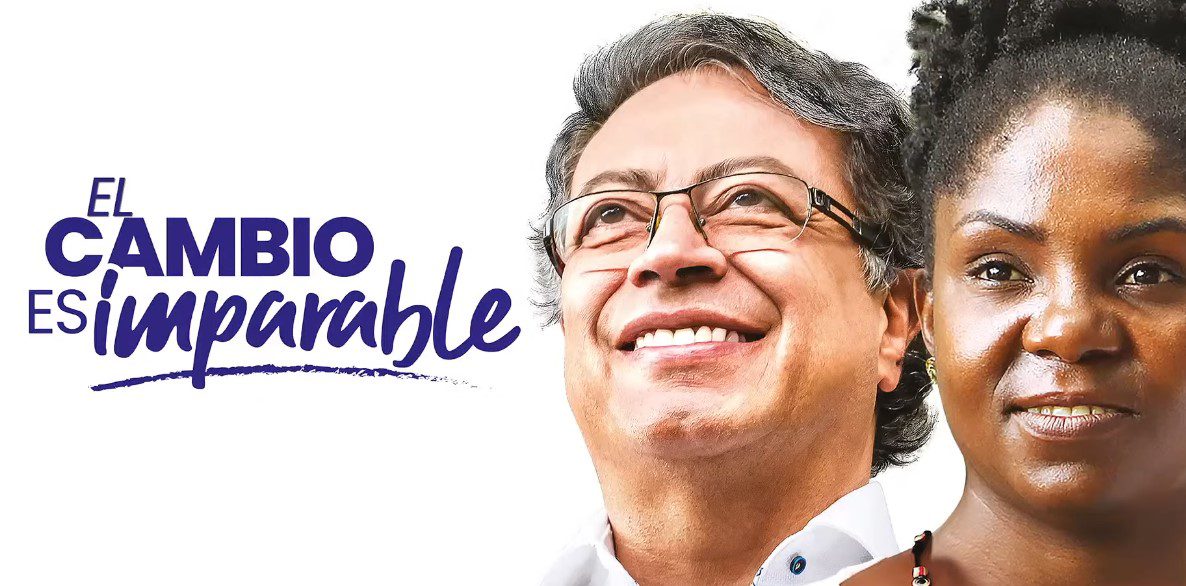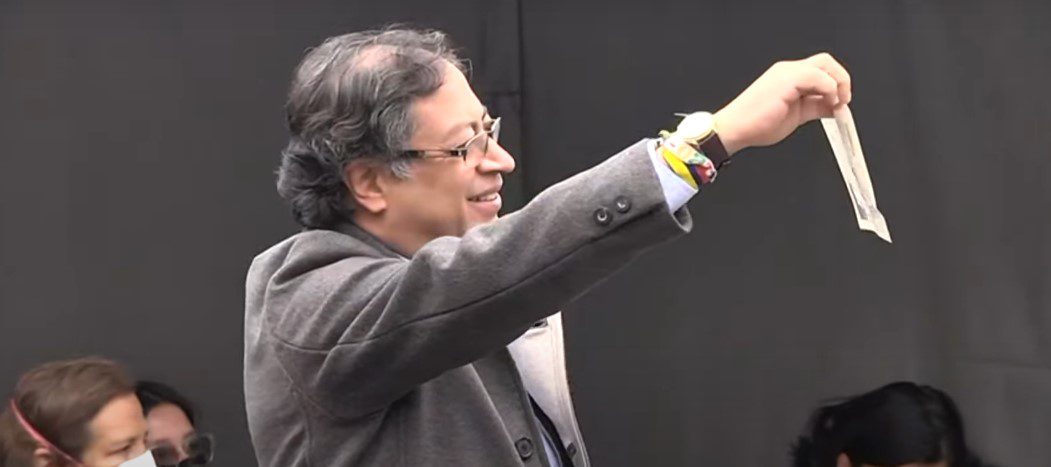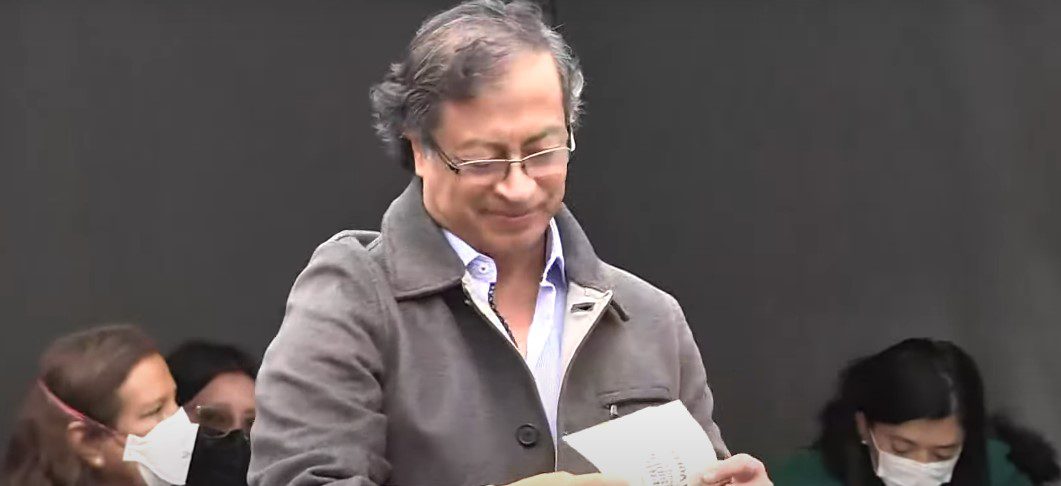After the second round of the election, Gustavo Petro becomes the first leftist president of Colombia. But who is Colombia’s new leader? What are his proposals? Where does he come from, and what does he plan to do with the reigns of the conflicted nation? Let’s take a look at the profile of the man who will lead the troubled country.
Gustavo Petro won the second round of the Colombian election with over 11 million votes against Rodolfo Hernandez in a heated second ballot last Sunday. His triumph marks his third presidential candidacy —third time’s a charm— for the former Marxist guerrilla leader and economist who now will take over Nariño next August. Read our profile below.
Gustavo Petro Becomes The First Leftist President of Colombia
Gustavo Francisco Petro Urrego, b. 1960, is an economist and former Marxist guerrilla leader from Colombia who spearheaded the so-called Historical Pact. The “Pact” is a rather heterogeneous admixture of leftist and grassroots movements from all the scenes of Colombia who were fed up with the imperant politics of the status quo and decided to take a hard turn to the left.

Petro’s violent past and constant flirting with the hard leftist movements from Venezuela, Cuba, Bolivia, and Ecuador cause concern for many Colombians. Moreover, Petro’s evident alignment with the narco-guerrillas is a legitimate cause of the problem. However, Petro reassures that his political allies won’t deviate him from the course he’s set his eyes on repurposing Colombia’s political and economic apparatus.
What Does Petro Propose?
Petro proposes a substantial grassroots reform of the judicial system. And the educational framework is also in his eyes for reform. Nowadays, the status quo —a washed-up system of two decades— doesn’t seem to provide solutions for Colombians, and the pandemic made it even worse. For Petro and his cronies, they are planning to solve that from the community planning perspective. Moreover, the youth movement that gave Gustavo Petro the keys to Nariño looks forward to his reforms to solve joblessness.
Interior Policy
These reforms won’t be easy, and the Colombian state has severe budgetary and fiscal problems. The Colombian State faces constant threats by armed paramilitary and narcoguerrillas forces —the former are ideologically allied with Petro, though—, and to finance his massive reforms, Petro might find himself raising taxes, a very unpopular reform among fiscally conservative Colombians, particularly in the regions that voted him the strongest.

Not So Strong Opposition
To further complicate things, Gustavo Petro faces tough opposition in the Senate and the Lower Chamber. However, he has a few votes from his coalition. His allied legislators will have to resort to mediating and pact with the strong opposition in the senate. Moreover, the only problem of the opposition is that it is a headless opposition. Because the second runner, Rodolfo Hernandez, the ragtag former mayor of Bucaramanga, doesn’t have political representation in Congress. And the opposition representatives in the Legislative branch belong to the status quo that was so harshly rejected in the first round of voting.
Foreign Affairs
The advent of Petro to Nariño implies several things. Firstly, the closest neighbor of Colombia, Venezuela, will welcome the leftist leader’s rise to power. For starters, diplomatic relations between Caracas and Bogotá have been strained for over two decades. And Venezuela, isolated, bereft of resources, and constantly seeking help from far away allies like Russia and Iran, will now seek an open borders policy.
Furthermore, Petro, a hard critic of the presence of U.S. military bases in Colombian territory and the results of “Plan Colombia”, the U.S.-led War on Drugs policy on his country, will seek to remove those outposts there. Further worrying and straining diplomatic relations with Washington DC. Further still, Petro will seek to realign Colombia’s geopolitical relationships with regional cooperation frameworks. The Puebla Forum, the Sao Paulo Forum, and the Union of South American Nations all have a leftist imprint.
Conclusion
Gustavo Petro might’ve won a landslide election in Colombia. Still, he faces tough challenges ahead in leading a very divided country. His actions will have a heavy impact on the region. And will the Americas stand another geopolitical realignment? We’ll have to wait and see as the next big election, Brazil, comes right around the corner.
Also Read: The US President Had A Terrible Fall Off A Bike In Delaware!!





